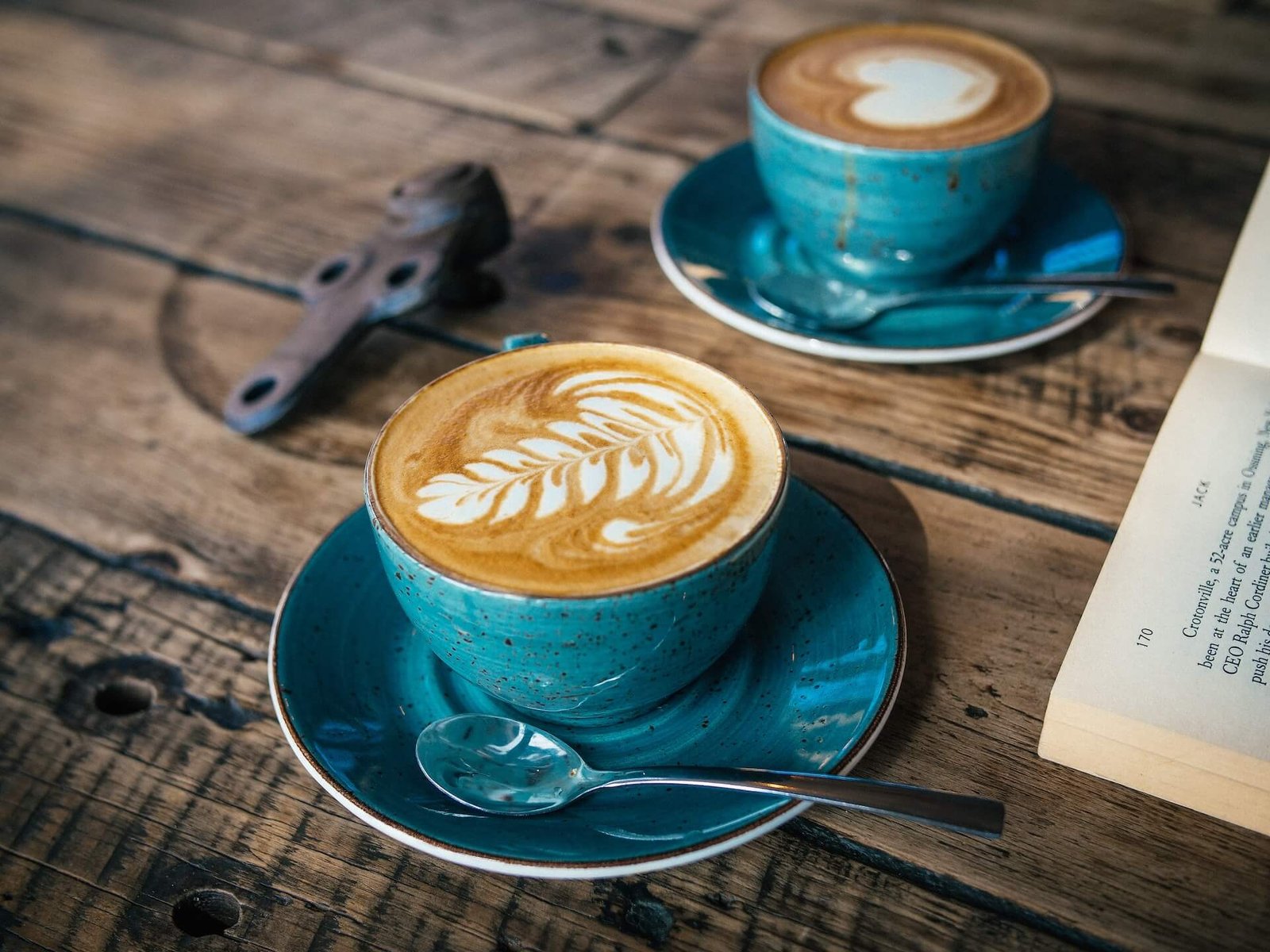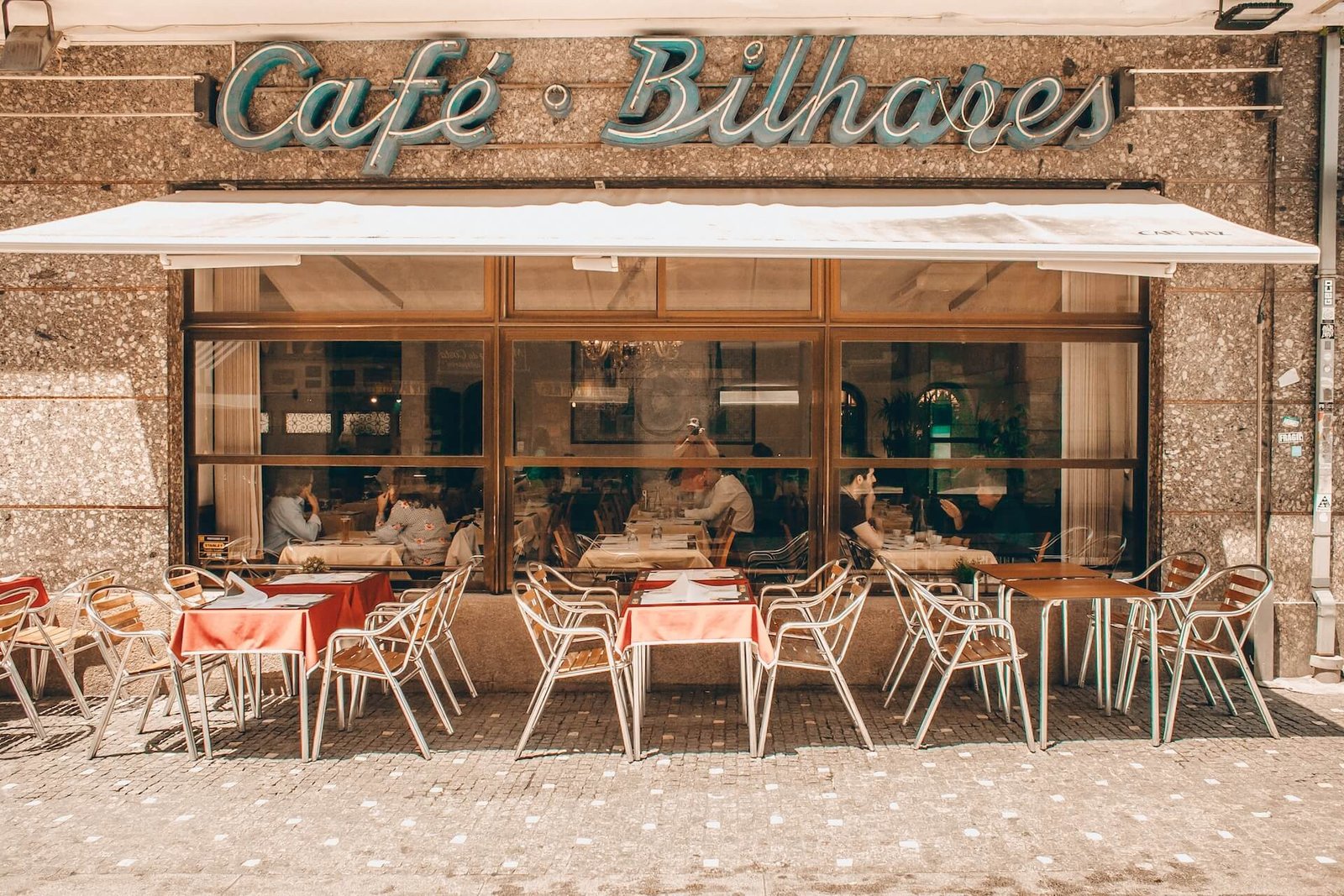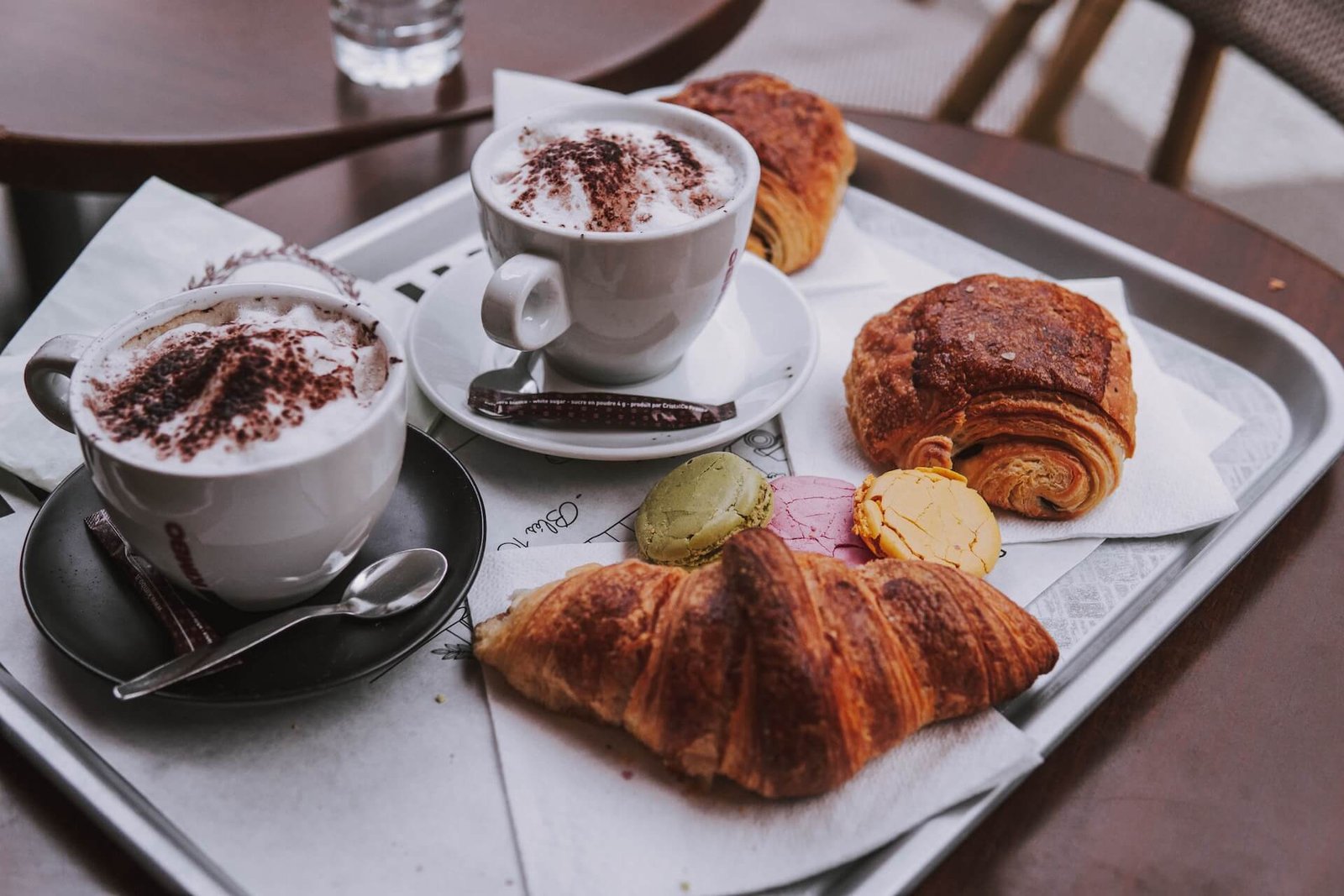Portuguese Coffee Culture – All You Need to Know
Coffee in Portugal is super important, and Portugal’s coffee culture runs deep within its daily life and history.
The Portuguese are credited with a crucial role in advancing the coffee industry (more on that in a minute), with more than 8 out of 10 Portuguese citizens consuming the beverage every single day.
I believe that you can tell a lot about a place and its people by the way they eat and drink, and so in this article, I decided to dive deep into Portuguese coffee culture and explore the relationship between Portuguese people and their favourite caffeinated drink.
So, if you’re planning a trip to Portugal and are curious about the intricacies of Portuguese coffee culture (including how to order a coffee in Portugal). look no further, because I’ve got you covered.

Portuguese Coffee Culture
Portuguese Coffee – A Brief History
Portugal coffee culture goes way back.
During the Salazar regime (which was actually one of the longest authoritarian regimes in Europe!) Portugal heavily relied on its colonies for the majority of its coffee supply.
It all began with a Portuguese soldier named Francisco de Melo Palheta, who was stationed in Brazil in the 1700s.
He had heard about the Robusta bean, known for its strong and bitter taste, and wanted to seek it out, but unfortunately, the governor of French Guiana, where the bean was found, declined to trade with the Portuguese.
As the legend goes, Palheta decided to charm the governor’s wife before escaping with a bouquet concealing the coveted coffee beans! This marked the introduction of coffee to Brazil, and by the 1970s, it was the world’s fourth-largest coffee producer.
The Portuguese colonists began shipping the beans to Portugal for roasting and distribution, and it wasn’t long before cafes sprouted in cities like Lisbon and Porto, drawing poets, artists, and politicians, who lingered over coffee while discussing life’s big questions.
This coffee culture spread throughout the nation, leading to Portugal’s current consumption of copious amounts of coffee daily.

Portuguese Coffee Culture
Drinking coffee is a daily ritual in Portugal, which you will see reflected in the abundance of cafes lining nearly every street.
Independent coffee shops that focus on a carefully-curated ‘aesthetic’ are definitely on the rise in Portugal, as are specialty coffee shops, which are a relatively new arrival in Portugal.
The act of drinking Portuguese coffee revolves around the country’s social culture and relaxed vibe, which is reflected in the fact that over 80% of Portuguese coffee is consumed in cafes rather than at home.
A study by Tiago Oliveira asserts that one of the reasons for this is Latin culture, and the Portuguese consumer’s need to socialise.
It is true that people will spend hours chatting over coffee in Portugal, and the coffee culture here is more similar to the laid-back coffee culture in Albania than the stand at the bar and neck your espresso in one glug coffee culture in Italy.
Interesting Facts About Coffee in Portugal
- 80% of coffee in Portugal is consumed in cafes, while in the rest of Europe, 70% of coffee is consumed in the home, and only 30% in cafes.
- 80% of Portuguese people consume coffee daily.
- The most popular coffee in Portugal is espresso (or expresso in Portuguese).
- Every Portuguese person drinks 2.5 cups of coffee a day, on average.
- In Portugal, there is approximately one coffee shop per 160 inhabitants, compared to one coffee shop per 400 inhabitants in the rest of Europe!
- The price of a cup of coffee in Portugal is among the lowest in Europe.
- Most countries prefer 100% Arabica coffee beans for their espressos, but Portugal uses a mix of Arabica and Robusta beans, slowly roasted.
I found all of these facts, and more, in an academic paper by Tiago Oliveira titled ‘Social Trends and Prospects in the consumption of coffee in Portugal in 2021.’
You can read more by clicking here.

How to Order Coffee in Portugal
Espresso reigns supreme here, and this is what you’ll get if you simply ask for a coffee in Portugal (known as um café).
‘Café curto‘ denotes a shorter espresso shot, while ‘café cheio’ is akin to a long espresso, with the coffee filling the small cup.
An ‘abatanado‘ is an espresso served in a larger cup with a dash of water, and is the closest thing you’ll get to an Americano.
Want a double shot?
Ask for a ‘duplo.’
Prefer your coffee with milk?
Asking for a ‘pingado‘ will get you an espresso shot with a hint of milk, a ‘garoto‘ is a small espresso cup with a touch of coffee and milk, ‘meia de leite‘ refers to equal parts milk and coffee in a large cup, and a galão, or ‘gallon of coffee,’ is the closest thing you’ll get to a latte.
As for the American Starbucks-esque concoctions with pseudo-Italian names (I’m looking at you, Frapuccino), you’ll struggle to find them in Portugal.
Portuguese Coffee Culture | Final Thoughts
So, there we have it, the delightful world of coffee in Portugal!
From the bustling cafés lining the streets to the seemingly endless list of coffee/milk combinations, it’s clear that coffee isn’t just a drink in Portugal – it’s a way of life.
Whether you’re savouring a strong bica (another word for um cafe, or espresso!), or lounging with a creamy galão, the Portuguese coffee culture invites you to slow down, immerse yourself in conversation, and simply enjoy the laid-back charm that comes with every cup.
So, when you find yourself in this coffee-loving nation, don’t rush – sit back, sip slowly, and embrace this enchanting part of Portuguese daily life.
That’s all I’ve got for you today, but as always, if you have any questions about Portugal coffee culture then don’t hesitate to reach out in the comments section below, and I will get back to you!
If you liked this article, you may find the following articles interesting too:
Best Coffee Shops in Lagos, Portugal
A Guide to Albanian Coffee Culture
Until next time,
XOXO
If you liked this article and would like to support my work, please click the button above to donate a couple of bucks and buy me a coffee. The ad revenue that I receive on this website is minimal, so support from my readers enables me to keep creating content that you (hopefully!) love to read.


One Comment